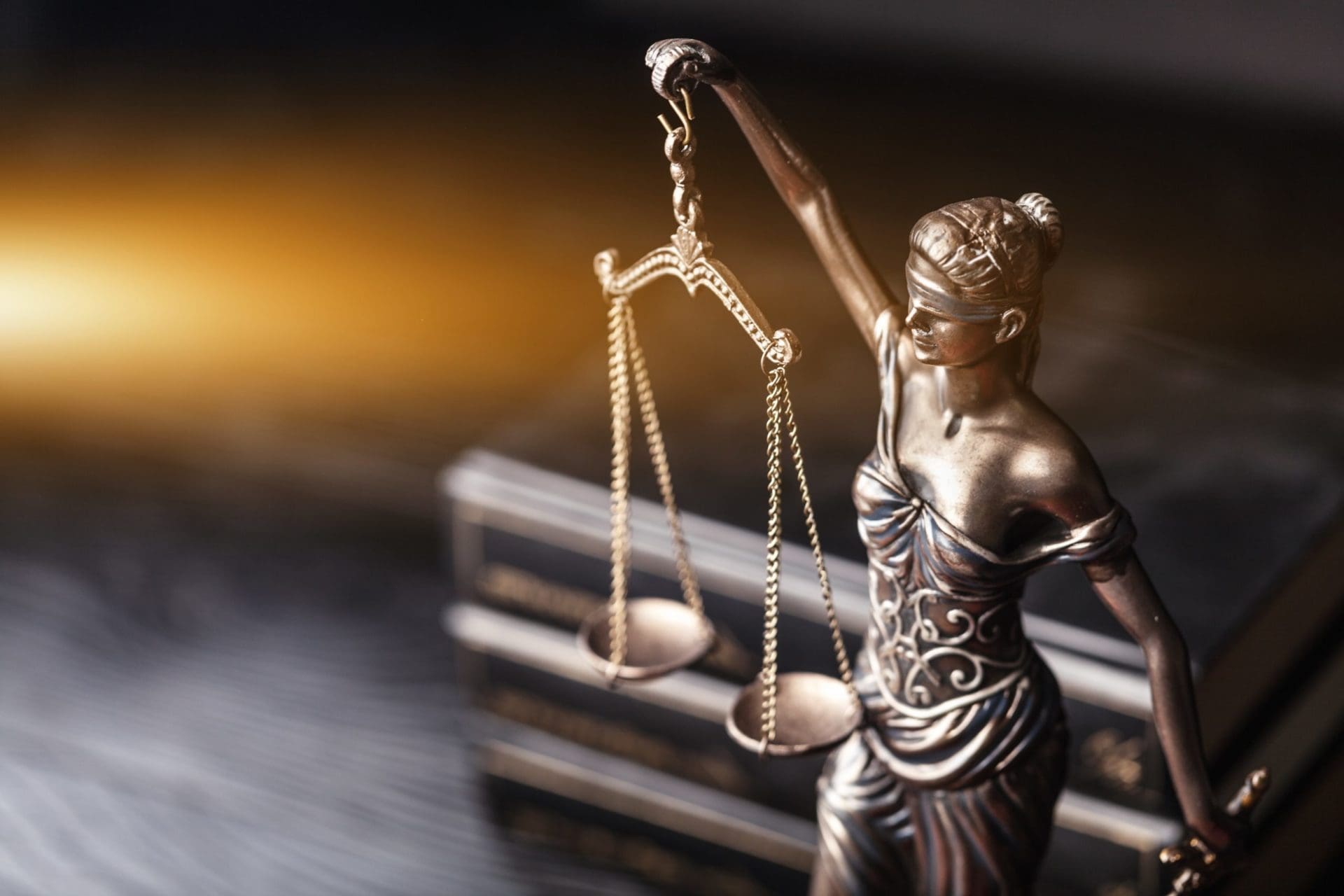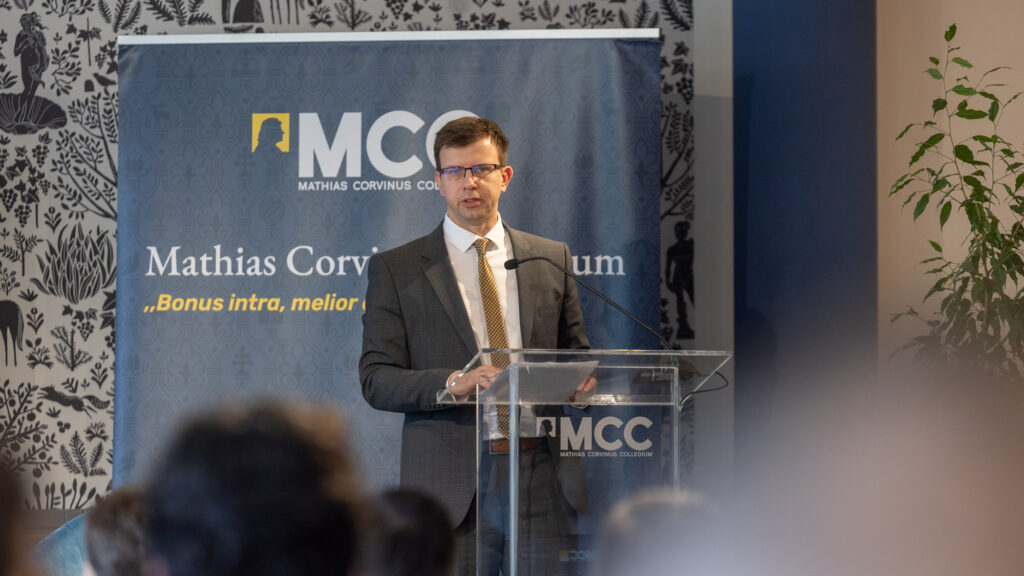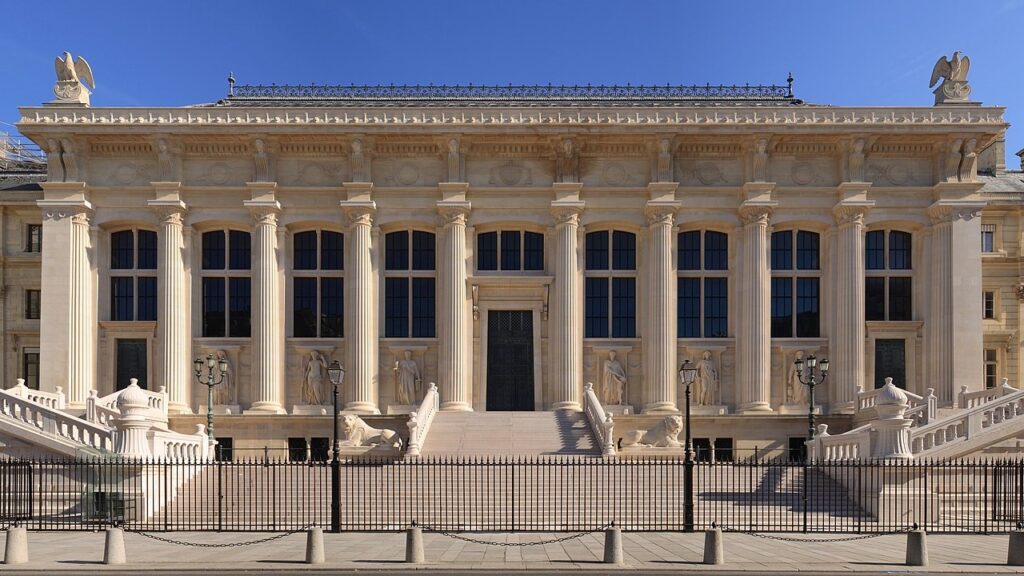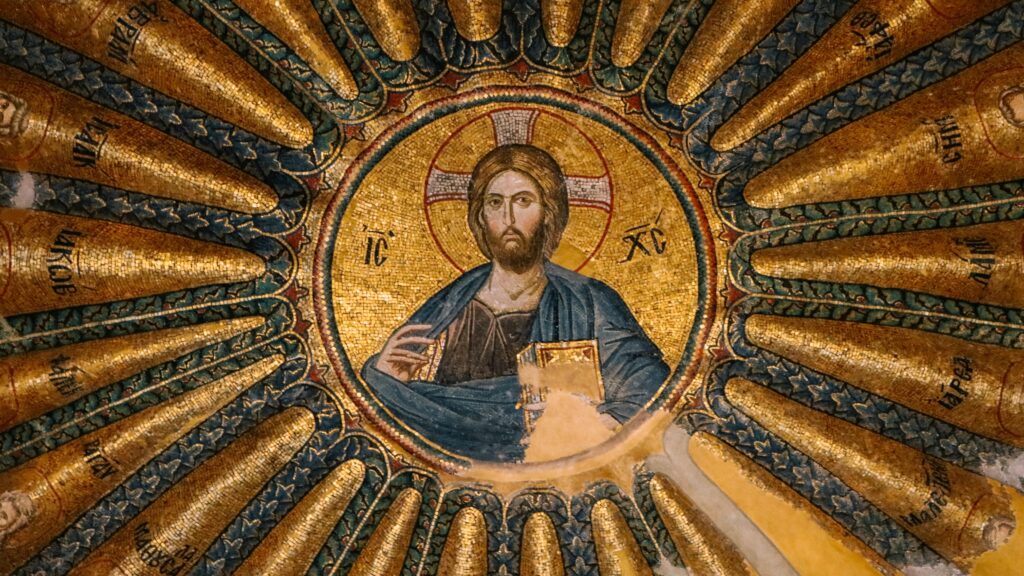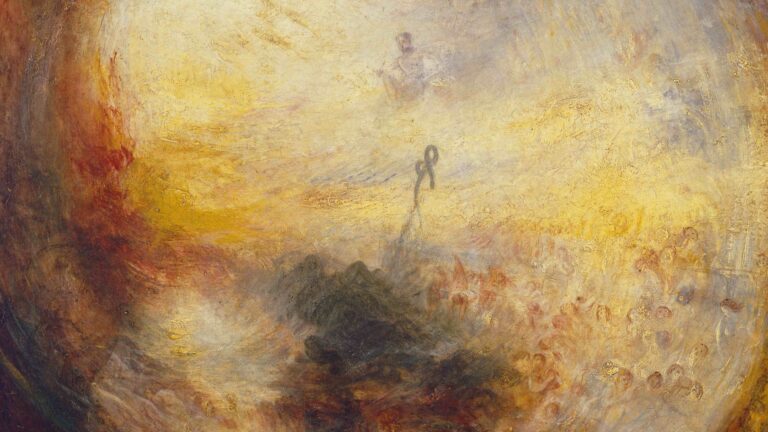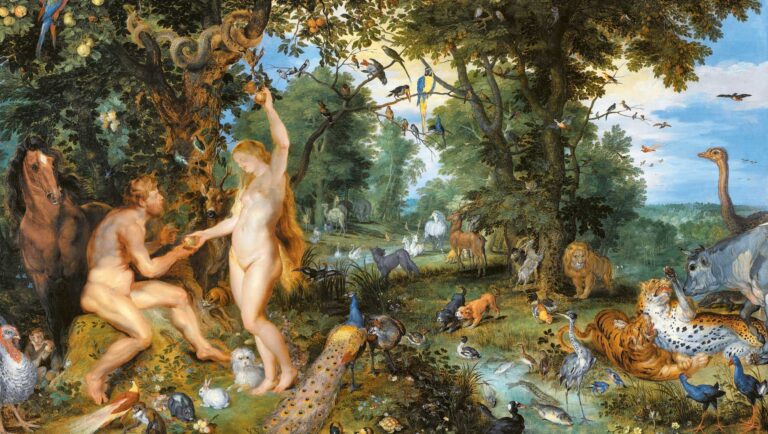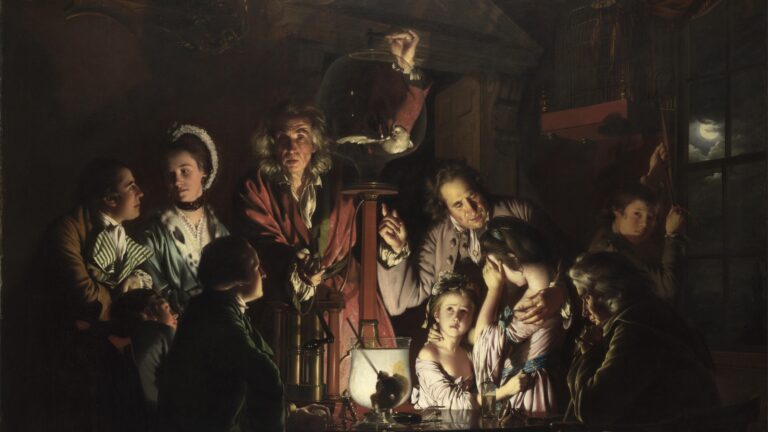The issue of the rule of law in the European Union has become a hotly debated topic in recent years. The focus of political debates has been primarily on the affairs of certain Member States, notably those of Poland and Hungary, although it would be extremely important to examine what the actual criteria of the rule of law (or “rule of law”) are and also to assess the dangers of power concentration at the continental level. It goes without saying that violations of the rule of law that lead to corruption or abuse of power in any member state should not be condoned. However, the systematic attempts to “transfer” institutions that serve the rule of law to the EU level could in fact endanger the essence of the rule of law.
In order to understand this, it is first necessary to reflect on what the basic idea of the rule of law used to be; what problems exist between “law and state”; and how all this relates to the institutional system of the European Union.
‘The Sons of Democracy’
Plato believed that it was precisely because of this human sinfulness that democracy could not survive: ‘unbridled freedom’, the unrestrained pursuit of pleasure and wealth, would after a while lead to chaos
The idea of the rule of law is primarily traced back to the 1215 Magna Charta Libertatum, the 17th century English Revolution as well as to 18th century Prussian enlightened absolutism. However, already much earlier on, in antiquity there existed the view that those in power should not be able to act “as they please” or “on a whim”, rather they had to submit to the authority of the law. At the centre of Plato’s philosophy was tyranny, which he closely associated with human mortalities such as the unbridled will to property and power. It can be assumed that this idea was closely linked to Plato’s youthful experiences: he realized at a young age, observing his own family members, that economic interests and power were at the forefront of a not insignificant number of politicians, who were by no means working to establish a just social order. His disillusionment with politics and his resulting scepticism regarding the true nature of man (‘…in all of us, even in good men, there is a lawless wild-beast nature,’ he wrote in The Republic) shaped his ideas of tyranny and the ideal state system. Plato believed that it was precisely because of this human sinfulness that democracy could not survive: ‘unbridled freedom’, the unrestrained pursuit of pleasure and wealth, would after a while lead to chaos. In chaos, the crowd demands a popular leader. And when, for the purpose of securing power, the people’s leader deliberately begins to settle accounts with his rivals, he becomes a tyrant who will rise from among the ‘sons of democracy’. That is, those members of a generation who have grown up in a society without ethical orientation and respect for authority, only chase pleasure. The severity of Plato’s moral understanding of the tyrannical nature was not only evident in the severity of the punishment of tyrants in the underworld he described where their bodies were flayed by fiery creatures and then thrown into Tartarus. Plato’s ideal state also placed an emphasis on laws preventing the development of human sinfulness and a tyrant’s rise to power. In this ideal state, the law thus had the highest authority, although many scholars argue that this ideal of the state would lead to a totalitarian system if put into practice, due to regulations primarily affecting the private sphere. The power-limiting function of the law appears in an even more succinct form in the work of Plato’s successor, Aristotle. When Aristotle writes, reflecting on what the ideal state system is, that tyrannical power is contrary to nature or that the rule of law is better than the rule of man, he formulates the basic idea of the rule of law: namely that it serves to prevent the emergence of arbitrary and tyrannical power in an institutional way.
Law (Recht) – Politicisation of Violence
It is rarely mentioned and therefore needs to be emphasised that Aristotle considered the relationship between the law and the ruler, i.e. between law and power, to be complicated. Aristotle formulated such powerful and yet simple ideas that they are relevant not only to modern political thought, but also to such a powerful institutional monster as the European Union. He for instance raised the dilemma of the difference between the power of man and the power of law when the laws are created in the wrong way, for example, oligarchically? (Politics, 3, 10.) The Greek philosopher pinpointed another important connection as well: if a general purpose of the laws can be perceived by (city) states, this is nothing else but the extension of power over others. (Politics, 7, 2.) Although some bring up the “evolution” of the rule of law as an argument and think that the rule of law has now become the opposite of the “rule of political power”, the principled supremacy of law alone does not answer the question of what the “right law” is and how power relates to law. Who can determine the content of the law in the first place? Ultimately, these are the issues that are still relevant today in Europe and in the relations between the member states and the Union.
While the first appearance of the rule of law in England was the result of a compromise of power between the king and the feudal lords, the same power aspirations of the nobility in Prussia failed in 1663 with a “Treaty of Homage”
It should be noted that neither the Anglo-Saxon “rule of law” nor the Prussian concept of the constitutional state represented a moral ideal accepted by all. Their historical development required a practical compromise between different political and economic forces. While the first appearance of the rule of law in England was the result of a compromise of power between the king and the feudal lords, the same power aspirations of the nobility in Prussia failed in 1663 with a “Treaty of Homage” signed in the Königsberg Castle. Thus, it was not until much later that the Prussian absolute monarchy was forced to make similar concessions and at the same time modernise its legal system within the framework of a so-called “Constitutional Treaty”. This step, as von Mohl, one of the first proponents of the concept of the rule of law, found, was in many ways also necessary for the Prussian rulers to be able to modernise and, not least, unify the economy and industry of the monarchy. It follows that while the Prussian public prosecutor Carl Gottlieb Svarez discussed the ideal of a “higher law” and civil liberty at the end of the 18th century, and von Mohl wrote about the importance of citizenship rights, other thinkers concentrated above all on the separation of law from power. For Rudolf von Jhering, relations of interest and power played a decisive role in law. Jhering held that the state is an ‘expression of power and violence’ that is dominant in a particular system of social relations, therefore the law is determined by the ‘interest of the stronger’. Political power struggles are therefore actually nothing other than ‘a struggle for law’. In order to secure the positions of interest that benefit it, the dominant power (violence) regulates itself by concluding a contract with the “defeated” on the conditions of coexistence. The dominant power thus recognises a norm to which it submits, and this norm will be the law. Hence, as Jherings famously put it, law becomes ‘the politicisation of violence’. Acclaimed Austrian political philosopher Hans Kelsen, similarly to Jhering, saw a close connection between power and law. Kelsen noted that law becomes an important means for state power to justify itself, since a metaphysical justification of the existence of state power is not possible in many cases. Kelsen wrote: ‘Thus the state becomes the rule of law from a mere fact of force.’

